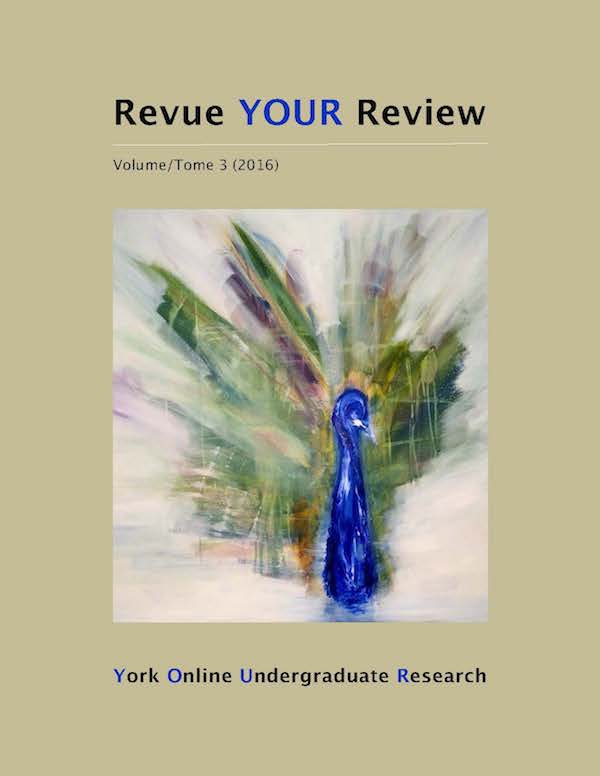Vitamins as Possible Ergogenic Aids: A Focus on Vitamin D and Antioxidants
Résumé
Vitamins (namely A, C, E, and D) have not been widely established as ergogenic aids. Supplementing daily food intake with vitamins A, C, or E can be advantageous because of their anti-oxidizing properties. While excessive amounts of antioxidants lead to toxic effects on the liver and central nervous system, adequate levels may help clear the body of free radicals that accelerate cell damage. Antioxidant supplementation is important to athletes because of its perceived ability to lower levels of exercise-induced free radicals. However, current research suggests this is not the case; studies observing maximal oxygen uptake as a performance outcome show that supplementation can hamper training adaptations. That said, the impact of antioxidants on mitochondrial biogenesis and the cascading effect of that influence on reactive oxygen species are not fully understood. Research on the non-antioxidant vitamin D is particularly relevant to athletes because of the multi-functional role of this vitamin on overall fitness as well as on the muscle-related functions mobilizing calcium, which facilitate muscle movement and growth. Studies on vitamin D show that supplementation improves motor balance in the elderly, as well as endurance and resistance training performance, but experts are divided on the optimal levels of vitamin D supplementation. Thus, we propose a double-blind, randomized study to assess graded vitamin D supplementation in healthy individuals through a placebo-based, controlled trial with treatments of cellulose (2500 IU and 5000 IU of Vitamin D3 in resistance and endurance exercises). This study will help pinpoint the vitamin D serum levels needed for optimized athletic performance. Because vitamin D is fat-soluble, questions of toxicity will be addressed in this dose-dependent experiment.Téléchargements
Comment citer
Numéro
Rubrique
Licence
Les auteurs qui contribuent à la Revue YOUR Review acceptent de publier leurs articles selon une des trois catégories de la licence 4.0 : Creative Commons Attribution 4.0 International; Creative Commons Attribution-Pas d'Utilisation Commerciale 4.0 International; ou Creative Commons Attribution-Pas de Modification 4.0 International. Tout contenu éditorial de ce site ainsi que les affiches et les résumés sont sous la licence Creative Commons Attribution-Pas de Modification 4.0 International. Pour plus d’informations, veuillez voir :
https://creativecommons.org/licenses/
Dans tous les cas, les auteurs conservent leurs droits d’auteurs et concèdent à la Revue YOUR Review le droit de première publication. Les auteurs peuvent, par la suite, conclure d’autres accords de distribution non exclusifs de la version publiée dans ce périodique (par exemple, l’afficher à un dépôt institutionnel ou le publier dans un livre ou dans un autre périodique) à condition que la reconnaissance fasse mention de la publication originale dans la Revue YOUR Review.


